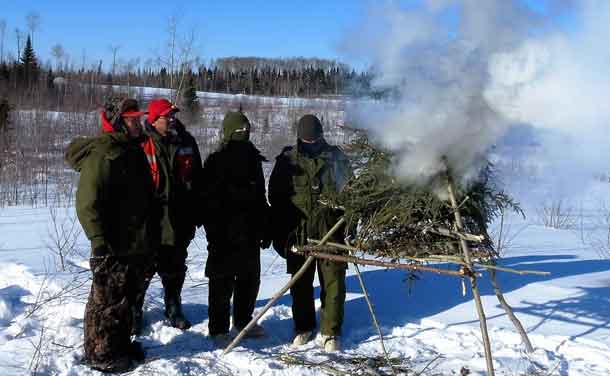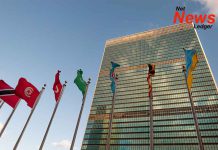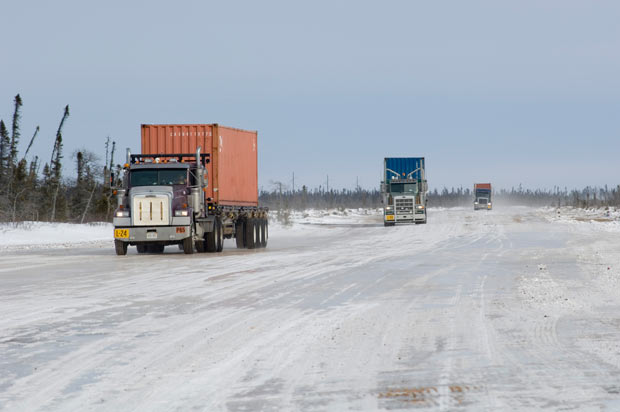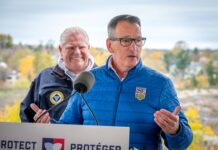
THUNDER BAY – Grand Chief Jonathon Solomon of the Mushkegowuk Council, Ogichidaa Francis Kavanaugh of the Grand Council Treaty #3, Deputy Grand Chief Jason Smallboy of the Nishnawbe Aski Nation, Minister of Health Jane Philpott, Minister of Indigenous and Northern Affairs Carolyn Bennett, Ontario Minister of Indigenous Relations and Reconciliation David Zimmer, and Ontario Minster of Health and Long-Term Care Eric Hoskins issued the following statement today:
“This week in Thunder Bay, First Nations and representatives of the provincial and federal governments are meeting to discuss new strategies to respond to social emergencies in remote First Nation communities in Ontario. These remote communities are often isolated, fly-in only or are hours away from the nearest urban centre, resulting in limited access to health and social services.
As part of The Journey Together: Ontario’s Commitment to Reconciliation with Indigenous Peoples, Ontario made a commitment to work with First Nations and the federal government to hold a summit on social emergencies. Mushkegowuk Council is coordinating the two-day summit, with participation from Nishnawbe Aski Nation, Grand Council Treaty #3, impacted independent First Nations, Canada and Ontario.
The provincial and federal governments and First Nations have come together to learn from recent events and discuss more effective ways of dealing with social emergencies. The discussions will lead to the development of a new response process designed to more effectively respond to social emergencies and ensure that communities get the support they need.
First Nations leadership plays a critical role in advocating for their communities and working with other levels of government to ensure community members get the health and social supports they need. While the federal government is ultimately responsible for most funding for health and social services on reserve, both levels of government have a role in responding to social emergencies in remote First Nations when they arise.
The parties recognize that the establishment of a protocol and implementation of an improved response process for social emergencies is a positive development and that there is still a need for greater focus on the provision of services and support to remote First Nation communities to prevent such emergencies from occurring.
The parties hope to finalize the social emergencies protocol later this spring.”






